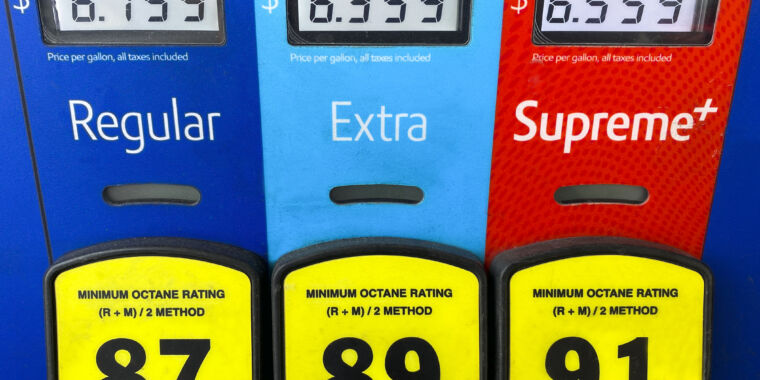You are correct - $64/MWh for fuel costs prices that plant out of the market against new build solar and wind, including solar and wind with co-located battery to smooth delivery.

emp.lbl.gov
Wind
PPA prices are under $50/MWh in 2020. Power Purchase Agreements are typically a guaranteed price that power will be purchased for some period, often 15 years. Thus somebody building a wind farm / plant today will get financing based on a contract to sell the electricity generated for ~$40/MWh for 15 years. That is a profitable price to provide that electricity.

emp.lbl.gov
Solar PPA prices are lower.
Some history on PPA prices, including battery adder.
Lots, lots more stuff like this. No links here from Rocky Mountain Institute - that's an organization I'd look to for more info. Also the state of Colorado I believe it was - they conducted an auction recently (2 years ago!?!) and got even lower prices for solar PPA (as well as solar plus battery).
End result - $64/MWh just for the fuel, ignoring any and all other costs to build and operate a natural gas fired power plant, prices that plant out of the market. Its so bad that there is a really good business case to build solar with battery on the part of the power plant owner - they get a lower cost of delivered power and the rest of us get a decrease in fossil fuel demand.
The only reason these are still in the market is that we're not building solar panels and getting them installed fast enough. That and regulatory capture / friction.




